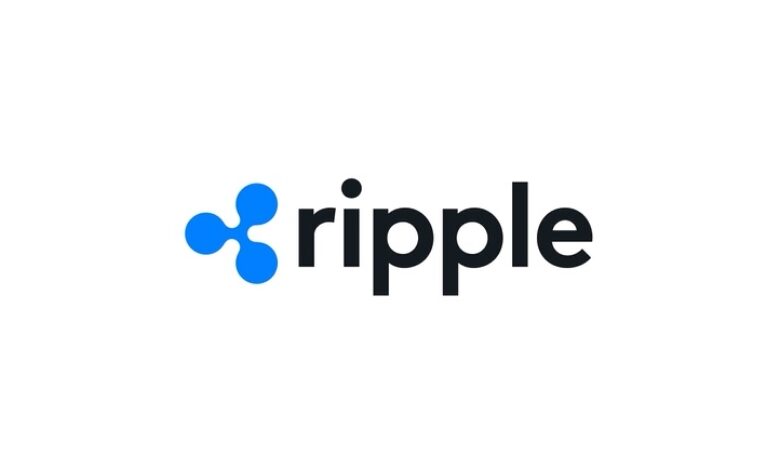Ripple Unveils XLS-30 AMM Protocol to Enhance XRPL Blockchain

Ripple has unveiled plans to unlock new decentralized finance (DeFi) capabilities through the introduction of its natively built automated market maker (AMM) protocol, XLS-30.
In a recent announcement, Ripple disclosed the launch of the XLS-30 AMM protocol, a collaborative effort with the XRPL community, aimed at enhancing the functionality of its blockchain ecosystem.
The introduction of this AMM protocol is anticipated to significantly broaden the DeFi landscape within the XRPL ecosystem, facilitating cross-chain DeFi applications across 50 blockchains.
While XRPL’s existing decentralized exchange (DEX) boasts a conventional order book system, it lacks certain advanced features pioneered by newer DeFi protocols over the past couple of years.
According to a Ripple spokesperson speaking to Cointelegraph, the AMM lays down the groundwork for further DeFi innovations within the XRPL blockchain. Integration with cross-chain messaging services like Axelar is expected to extend the reach and utility of XRPL-based DeFi solutions across multiple blockchain ecosystems.
Development of the AMM commenced back in June 2022, as highlighted by Ripple’s chief technology officer and XRPL co-founder, David Schwartz.
The AMM protocol is designed to complement and expand XRPL’s existing order book system. Previously, XRPL’s DEX relied solely on order books, offering a capital-efficient trading mechanism for highly liquid pairs.
By integrating the AMM with order books, traders can now automatically access the best prices across both systems, while liquidity providers stand to earn yields on their excess liquidity, as per Ripple’s team.
While the AMM is not currently equipped with built-in compliance features, it enhances the existing DEX environment, particularly suited for large financial institutions engaging in high-volume trading of popular tokens, according to Cointelegraph.
The addition of the AMM to XRPL’s DEX is poised to create a robust trading environment catering to a diverse user base, ranging from retail traders to institutional investors.
Furthermore, Ripple and XRPL are exploring the incorporation of on-chain regulatory compliance features to facilitate institutional adoption of their protocol.





